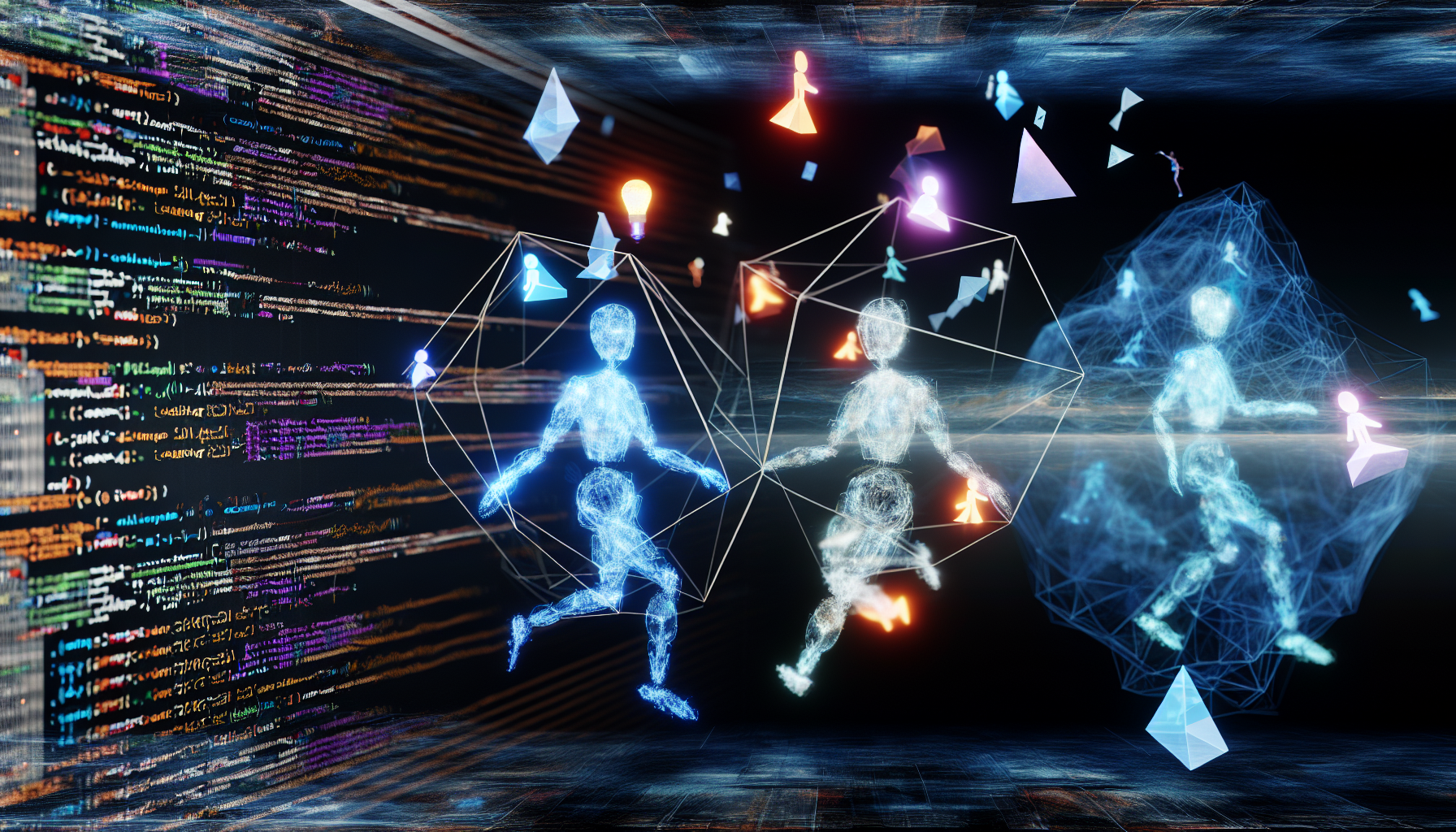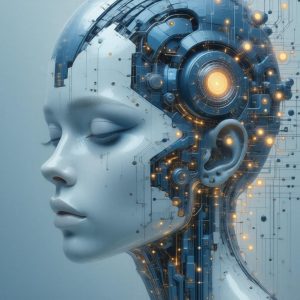In the rapidly evolving landscape of artificial intelligence and game development, Unity-based AI agents represent a groundbreaking approach to creating intelligent, adaptive virtual entities. By leveraging Unity’s robust game engine and advanced machine learning frameworks, developers can design sophisticated AI systems that learn, interact, and respond dynamically to complex environments.
Understanding AI Agents in Unity
AI agents are computational entities programmed to perceive their environment, make decisions, and execute actions autonomously. In Unity, these agents can be designed with varying levels of complexity, ranging from simple rule-based behaviors to advanced machine learning models that adapt and learn from their interactions.
The core principle behind Unity-based AI agents is their ability to process sensory inputs, analyze situational contexts, and generate appropriate responses. This approach enables developers to create more realistic and engaging virtual characters across multiple domains, including video games, simulations, and interactive training environments.
Key Components of Unity AI Agent Design
Developing effective AI agents in Unity requires a comprehensive understanding of several critical components:
- Sensor Systems: Implementing perception mechanisms that allow agents to gather and interpret environmental data
- Decision-Making Algorithms: Utilizing machine learning techniques to enable intelligent decision-making processes
- Behavior Trees: Structuring complex agent behaviors through hierarchical logic and conditional branching
Machine Learning Integration
Unity provides powerful machine learning tools like ML-Agents, which enable developers to train AI agents using reinforcement learning techniques. These frameworks allow agents to learn from their experiences, improving performance through iterative interactions within simulated environments.
By implementing neural networks and deep learning algorithms, developers can create AI agents capable of sophisticated learning strategies. These agents can progressively refine their decision-making processes, adapting to changing scenarios and developing more nuanced behavioral patterns.
Practical Applications
The potential applications of Unity-based AI agents extend far beyond traditional game development. Industries such as robotics, healthcare simulations, and educational technologies are leveraging these intelligent systems to create more interactive and responsive experiences.
For instance, medical training simulations can utilize AI agents to simulate patient interactions, allowing healthcare professionals to practice complex scenarios in a risk-free environment. Similarly, educational platforms can deploy intelligent virtual tutors that adapt their teaching strategies based on individual student performance.
Challenges and Considerations
While Unity-based AI agent development offers immense potential, developers must navigate several challenges. Computational complexity, computational resource requirements, and the need for sophisticated training datasets can pose significant obstacles.
Successful implementation demands a strategic approach that balances technical sophistication with practical feasibility. Developers must carefully design agent architectures that are both computationally efficient and capable of generating meaningful, intelligent behaviors.
Future Perspectives
As artificial intelligence continues to advance, Unity-based AI agents will likely become increasingly sophisticated. Emerging technologies such as transfer learning, generative adversarial networks, and more advanced neural network architectures promise to revolutionize how we conceptualize and implement intelligent virtual entities.
The convergence of game development technologies and machine learning frameworks represents an exciting frontier in computational intelligence, offering unprecedented opportunities for creating more responsive, adaptive, and engaging digital experiences.



